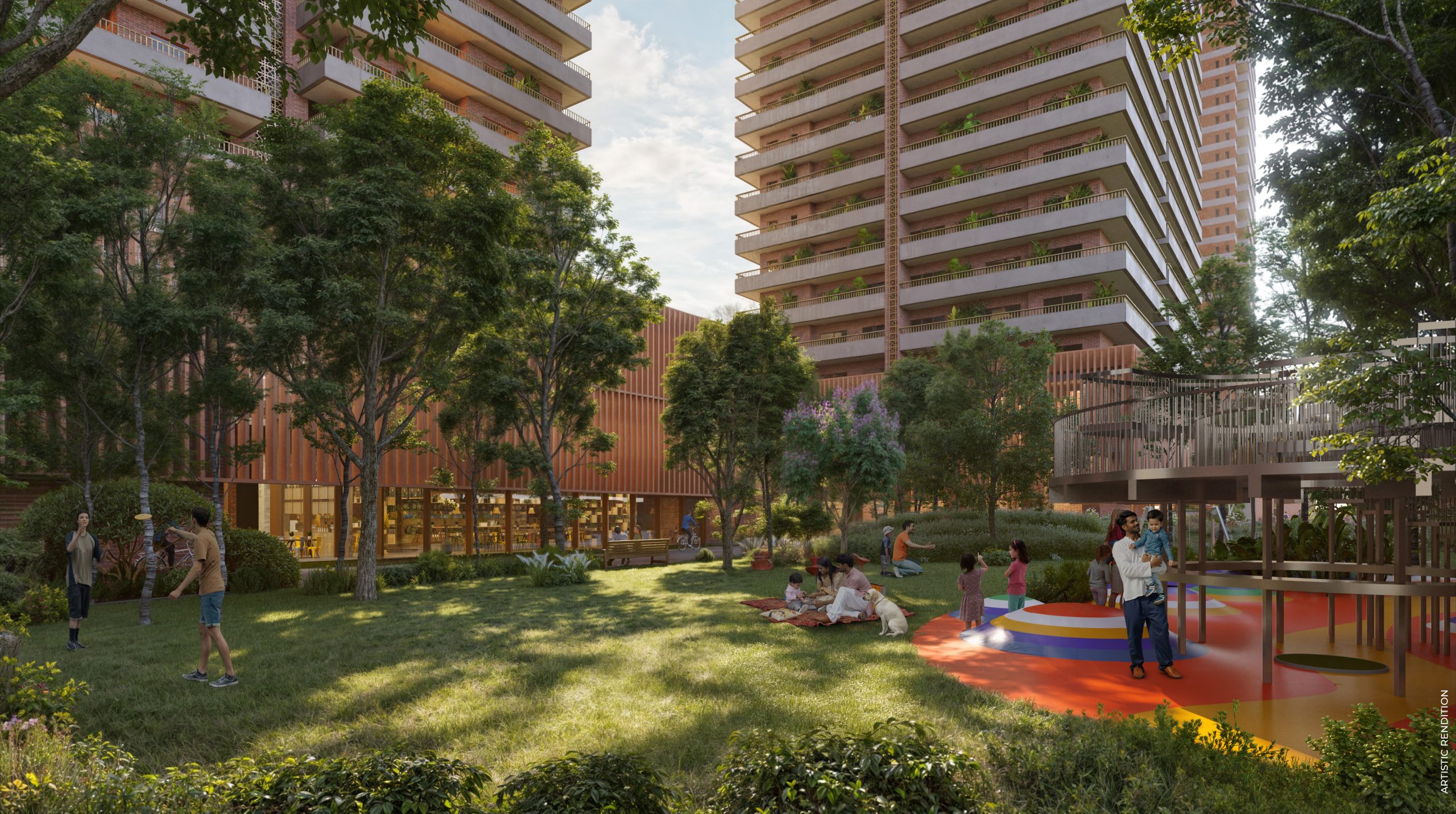Trust is of the utmost importance for any industry that relies heavily on long-term investments. Unfortunately, the Indian real estate sector, despite being one of the most influential industries in the country, has long been wrestling with issues of trust, lack of transparency, and regulatory bottlenecks. Promises of early completion were often unmet, and many developers were flagged for misleading buyers about project statuses, land titles, or project approvals. The lack of transparency has led to skepticism amongst buyers interested in upcoming luxury residential projects in Delhi NCR and other parts of the country. The last eight years have seen a 9% increase in stalled units across India. This means one in every five under-construction projects remain undelivered, a data analytics firm PropEquity report stated.
The Role of RERA
India has often been criticized for not creating a fair, competitive, and investor-friendly environment until recent years. However, enacting the Real Estate (Regulation and Development) Act (RERA) in 2016 was a significant step towards transparency. RERA has been a game changer, empowering buyers and investors by ensuring that a real estate developer registers their projects, maintains project timelines, and disclose all necessary information on an official platform accessible to the public. This has significantly increased the security and confidence of those interested in the Indian real estate market.

As of July 2024, RERA has resolved nearly 1.25 lakh complaints nationwide, thus providing homebuyers and investors with a mechanism to safeguard their investments and hold developers accountable for any malpractices or delays. With a transparent system, they are now liable to provide clear and timely information regarding property transactions, construction timelines, and financial dealings, which are imperative for buyers interested in a real estate property to make informed decisions. In turn, India has moved up the global transparency index from 36th (2022) to 31st (2024). The proactive financial regulation, climate risk disclosure guidelines, streamlined building regulations, and digitized land records have contributed to India entering the transparent tier for the first time.
Digitalization & Transparency
The ongoing push for digitizing land records and real estate transactions has significantly reduced the chances of fraud and disputes, as much as it has improved market efficiency and reduced the time and cost involved. With 86% of the land records computerized under the Digital India Land Records Modernization Programme, digitization has made information accessible to all participants, enabling fair competition — developers, buyers, and investors have equal access to accuracy. The burden of decision-making is eased when property seekers have up-to-date data on property prices, market trends, and statuses of upcoming luxury residential projects in Delhi NCR and other cities.

Blockchain technology, for instance, offers a secure and transparent platform for land records. When buyers and sellers can access accurate market data—such as property prices, demand trends, and regulatory updates—negotiations are faster and more straightforward. The ability to track the progress of a real estate property online, verify legal clearances, and access dispute resolution mechanisms has empowered buyers. Before RERA, buyers had little to no recourse in case of project delays or discrepancies. Now, they can approach state authorities for grievances, making the industry more consumer-centric.
The impact of increased transparency is increasingly evident in the foreign investment India’s real estate has attracted in the past few years. Implementing mandatory compliances and standardized processes across states for project approvals has created an accountable investment environment. This growing confidence in Indian real estate as an investment asset class has led to the country ranking amongst the top favorite destinations for global real estate investors, signaling a promising future for the industry.

The Road Ahead: Beyond Financial Clarity
The Indian real estate industry is still in its early stages regarding complete transparency. It’s not just about financial clarity but also about the responsibility to bring environmental and social aspects of real estate into focus. Indian cities are grappling with significant challenges around sustainability and urbanization. Adopting green building certifications, such as IGBC (Indian Green Building Council) and GRIHA (Green Rating for Integrated Habitat Assessment), is gaining momentum. Disclosures about building practices, energy efficiency, and environmental impacts can become differentiating factors for a project. The attractiveness of their upcoming luxury residential projects in Delhi NCR and other parts of the country can improve significantly as buyers and investors increasingly lean towards sustainable developments by any reputed real estate developer.









